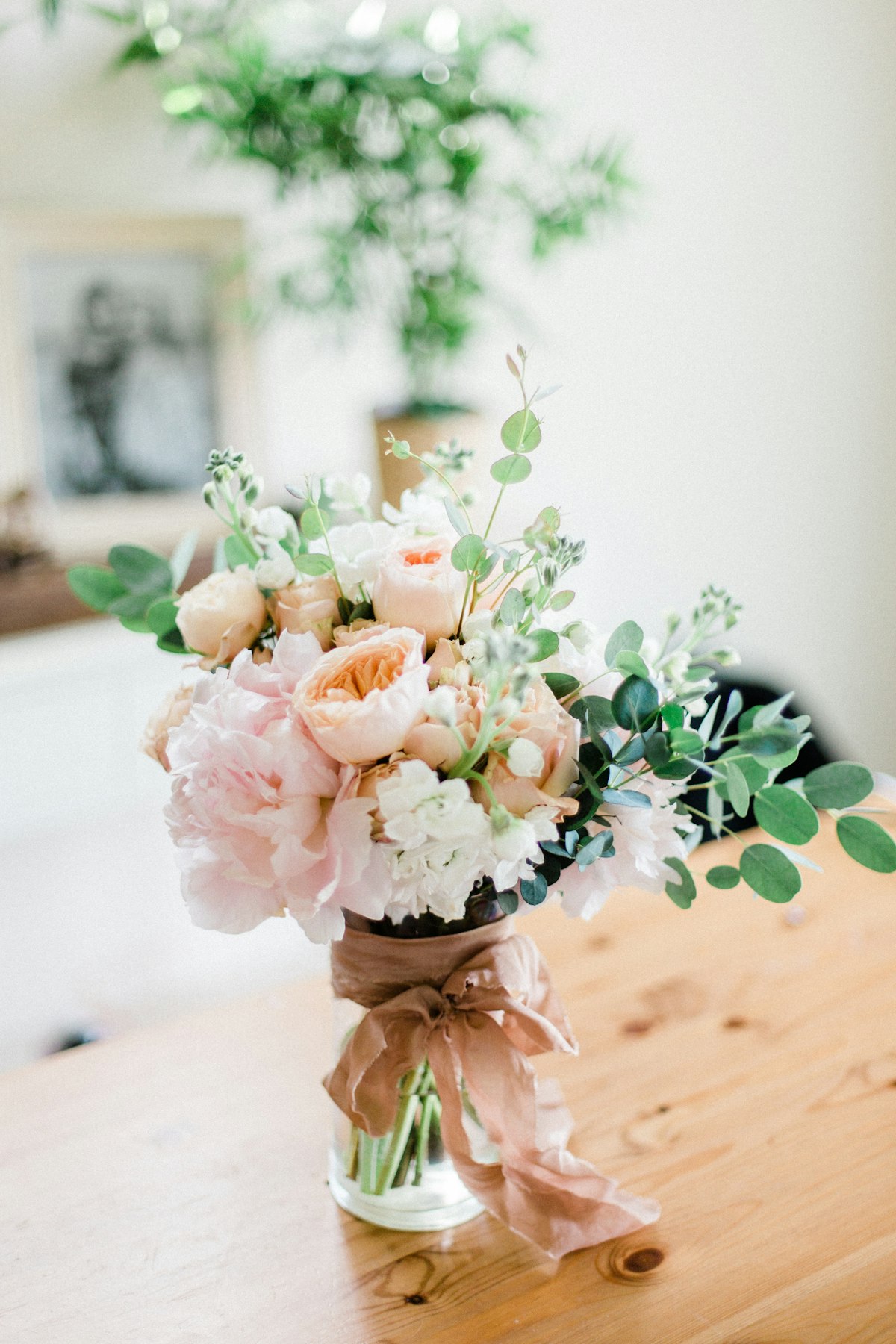Homemade Insecticidal Soap
Homemade Insecticidal Soap
Insecticidal soap is a popular, eco-friendly solution for controlling pests in gardens. Made from natural ingredients, it is gentle on plants while effectively targeting and eliminating insects.

Understanding Insecticidal Soap
Insecticidal soap works by penetrating the outer layer of soft-bodied insects like aphids, mites, and whiteflies. This disrupts their cell membranes, leading to dehydration and death. It is particularly effective against small, soft-bodied pests but safe for most beneficial insects when used correctly.
Ingredients
The primary ingredients are simple: soap and water. The type of soap is crucial. We use pure liquid soap, not detergents that can harm plants. Here are the basic ingredients:
- Pure liquid soap: Avoid soaps with additives like fragrances and colors.
- Water: Soft water is preferable as hard water can reduce the soap’s effectiveness.
Optionally, you can add vegetable oil or neem oil. These enhance the soap’s effectiveness by helping it adhere to the insects’ bodies. Here is the recipe:
- 1 to 2 teaspoons of pure liquid soap per quart of water.
- 1 tablespoon of vegetable or neem oil per quart of water (optional).
Mixing the Solution
Start by filling a spray bottle with water. Add the soap, and then the oil if you are using it. Mix gently, ensuring the soap is fully dissolved but avoiding excess bubbles.
Application Techniques
Apply the soap solution to affected plants in the morning or late afternoon to prevent sunburn. Spray the solution directly on the insects, covering the entire plant, especially the undersides of leaves where pests often hide. Reapply every 4-7 days until the pests are under control.
Precautions and Tips
- Test the solution on a small area of the plant first to ensure it does not cause damage.
- Avoid using on delicate plants like ferns or young seedlings without testing.
- Do not apply in high temperatures or direct sunlight to prevent damage to plants.
- Rinse plants with water after a few hours to remove any soap residue.
Benefits of Homemade Insecticidal Soap
Homemade insecticidal soap is cost-effective and free from harmful chemicals. It allows gardeners to take control of pest problems using a safe, environmentally-friendly method. This can lead to healthier plants and a more balanced garden ecosystem.
Common Pests Targeted
This soap is highly effective against common garden pests:
- Aphids: Small and often green, these insects cluster on new growth.
- Spider mites: Tiny red or yellowish mites found on the undersides of leaves.
- Whiteflies: Small, white-winged insects that fly up in a cloud when disturbed.
- Mealybugs: White, cottony masses found on stems and leaves.
Other Uses
Apart from being used directly on plants, insecticidal soap can also be used to clean plant pots, gardening tools, and greenhouse surfaces. It helps in keeping these items free from pests and diseases.
Environmental Impact
This method minimizes the use of synthetic pesticides, which can harm beneficial insects and the broader ecosystem. It aligns with organic gardening principles, promoting sustainability and biodiversity.
DIY vs. Commercial Options
Homemade soap is cheap and easy to customize. Commercial options, however, might offer convenience and additional pest-specific formulations. Both have their place depending on the gardener’s need and preference.
Final Thoughts on Homemade Insecticidal Soap
Homemade insecticidal soap provides an effective, eco-friendly solution for managing garden pests. With a bit of soap and water, gardeners can safeguard their plants, promoting a healthier garden environment.
Continue Learning
More gardening tips and guides:

